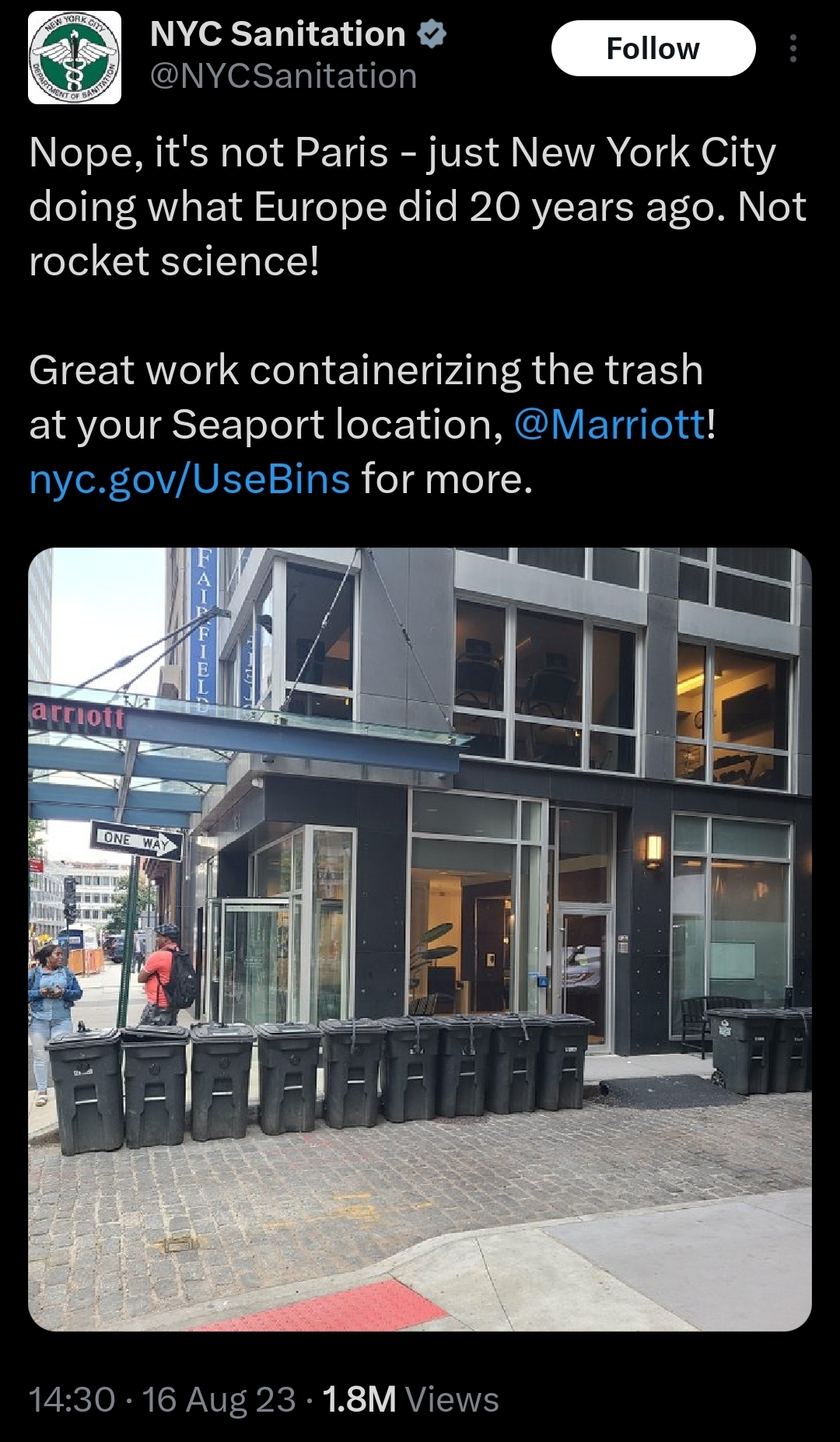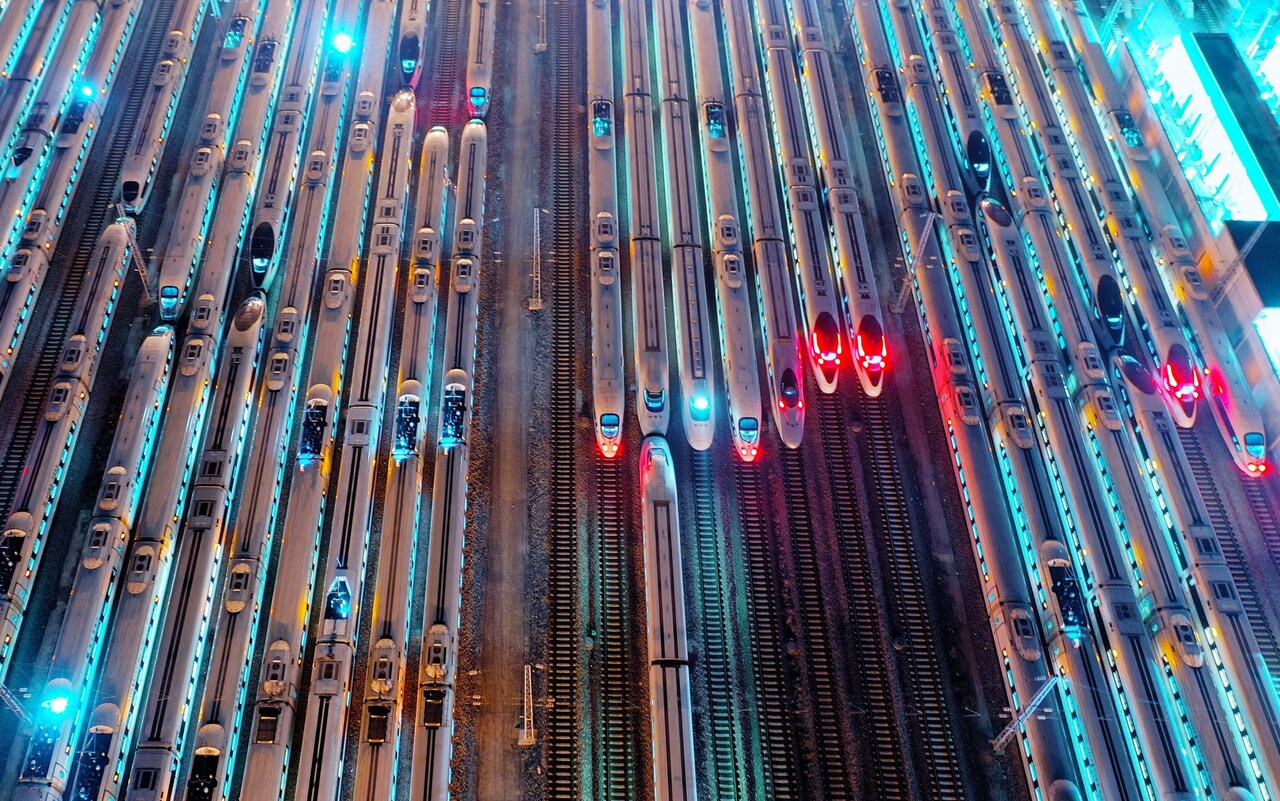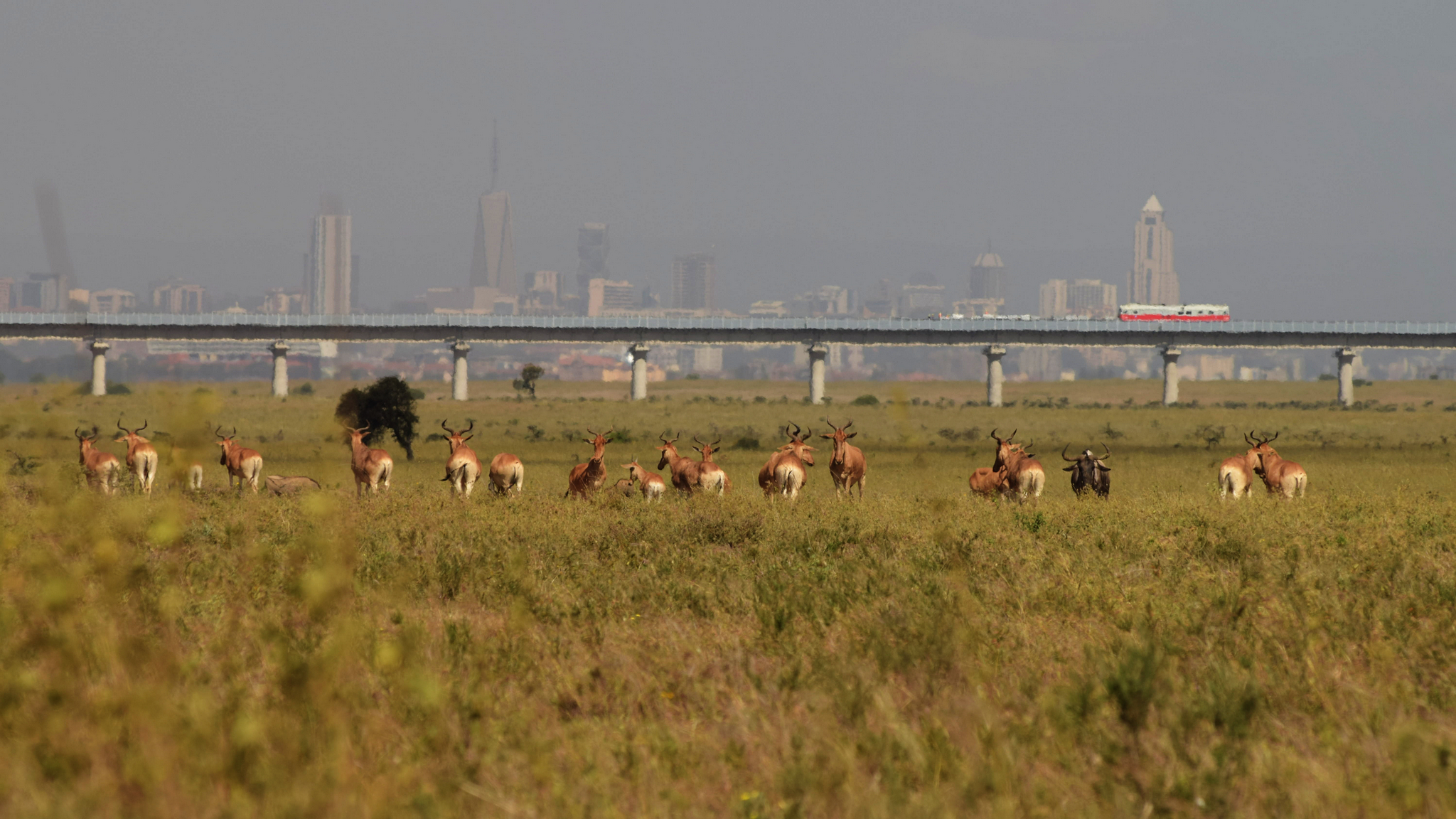Despite Beijing’s sponge city project, the capital was overwhelmed by recent floods with dozens dying and a new “sponge airport” shut down
Recent devastating floods in Beijing have put China’s drive to create “sponge cities” which can handle extreme rain to the test.
Since 2013, China has been trying to make cities like Beijing more flood-proof by replacing roads, pavements and rooftops with natural materials like soil that soak up water and by giving more space to water bodies like lakes to absorb stormwater.
But despite these measures, massive amounts of rainfall in recent weeks caused floods which killed at least 33 people, destroyed tens of thousands of homes and shut down the Chinese capital’s second busiest airport.
Experts told Climate Home the flooding shows the limited progress China has made on its plan to invest $1 trillion into sponge cities by 2030 – with the city still largely concrete.
Sponge airport overwhelmed
Even new infrastructure, build with the sponge city concept in mind, could not cope with the rains.
Daxing airport opened a few months before the Covid-19 pandemic. Its builders described it as a “sponge airport” as it was equipped with plants on its roof, a huge wetland and an artificial lake the size of over 1,000 Olympic swimming pools.
Despite these measures, the runways flooded on July 30 and it had to cancel over 50 flights.
Waters diverted
The government tried to collect the rain in 155 reservoirs in the Hai River Basin, but the measure proved ineffective in controlling the deluge.
About 50 years ago, the basin –a natural sponge–was locked with embankments and reservoirs to manage the water flow.
In recent years though, these structures have made flooding worse as climate change has increased the frequency and intensity of extreme rainfall. These structures lead to overflow, collapse and the authorities have blown them up to ease flooding.
Reuters reported that flood waters locked in reservoirs were diverted to low-lying populated land in Zhuozhuo, a small city around 80km from Beijing, to flush out the stormwater from the country’s national capital.
Residents of Zhuozhou were angry at the government’s response, Reuters reported. The government reacted by shutting down criticism on social media.
More work needed
Experts argued that these problems show that, rather than abandoning the sponge city project, China and Beijing need to double down and make them better.
Kongjian Yu is the founder of Turenscape, a company involved in the project. He said that just “maybe 1% or 10%” of the city has been converted to a sponge city.
The government’s target is 20% by 2030. “We have a long way to go,” he said.
Yu added that sponge cities are worth doing not just because they control floods but for managing droughts and refilling groundwater supplies too.
Tony Wong, professor of sustainable development at Monash University, said that progress was always going to be slow as “it takes a long time and a lot of money” to convert a city like Beijing, with lots of people and concrete buildings crammed into a small area, into a sponge city.
More work is needed, says Wong, because Beijing and many other cities lack effective urban planning, and there is no provision for a safe channeling of extreme floodwater.
“What the city needs is the inclusion of green corridors, just like Singapore – another high-density city- has done to transport excess stormwater into low-lying areas to prevent loss of lives and property.”
If China pulls this off it could become an example for many developing countries with high-density cities struggling to control urban flooding, added Wong.












